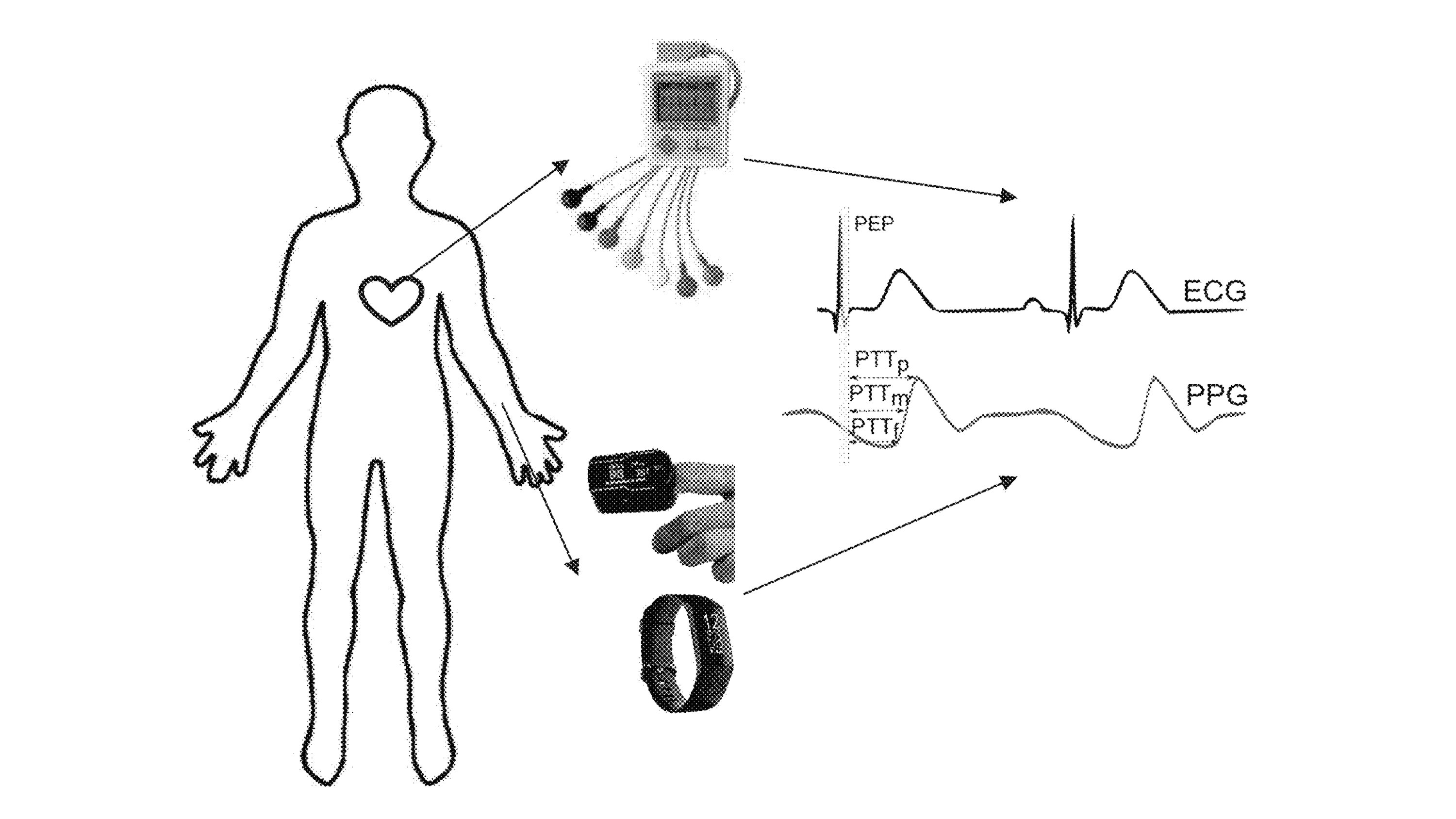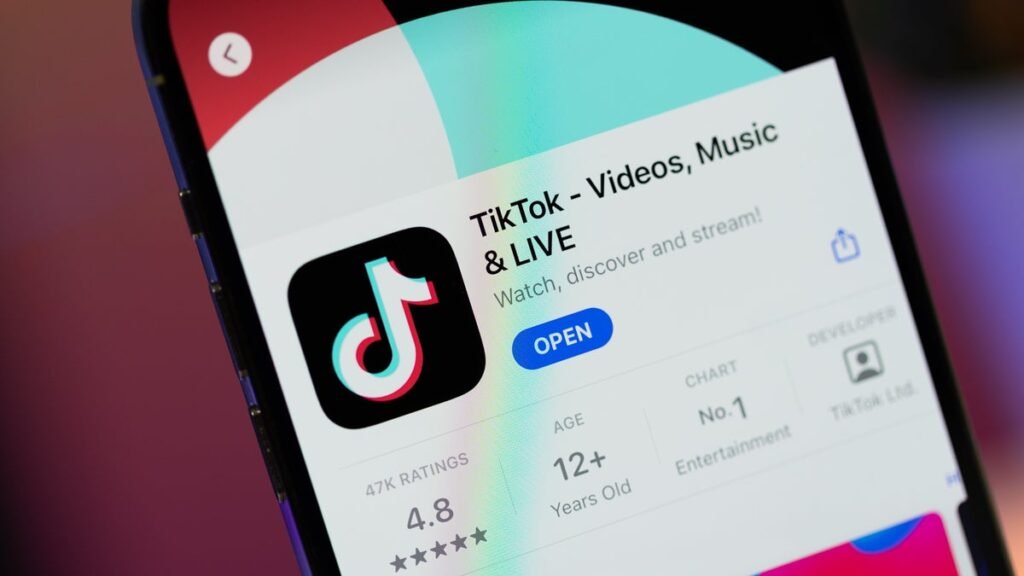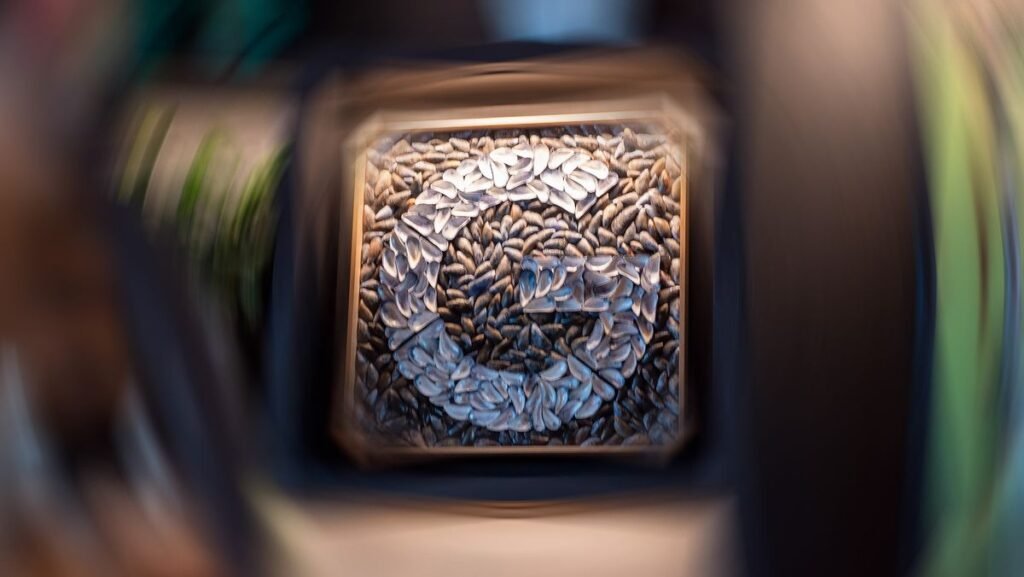What it’s essential know
- Samsung filed a U.S. patent for “steady atrial fibrillation detection through PPG to ECG sign translation” on April 18.
- The patent describes a generative AI mannequin that interprets coronary heart charge information as ECG waveforms.
- Samsung, Apple, and Fitbit watches have passive irregular coronary heart rhythm notifications that immediate you to take lively ECGs.
Many smartwatches carry out atrial fibrillation (AFib) spot checks utilizing an ECG sensor, however steady AFib information is not possible with out a medical monitor. Final month, Samsung patented a plan to vary that for future wearables just like the Galaxy Watch 7 by using a generative AI mannequin.
First noticed by Wareable, the U.S. patent “System and methodology for steady atrial fibrillation detection through PPG to ECG sign translation” would “translate PPG alerts to corresponding ECG waveforms.”
Samsung received FDA approval for passive detection of irregular coronary heart rhythm utilizing Galaxy Watches final 12 months, and Fitbit, Apple, and Withings do the identical. However this methodology can solely guess at an issue and immediate you to take an lively ECG studying to verify.
Samsung’s patented PPG-to-ECG methodology would (hypothetically) offer you extra definitive information always, making it extra more likely to catch the lead-up to severe coronary heart situations like arrhythmia and coronary heart failure.

The patent explains that “standard fashions” can solely depend on “long-term relationships” between PPG coronary heart rhythm information and sure ECG outcomes. With its GenAI fashions, Samsung claims, it is going to create a “first-order Markov relationship” between them for higher accuracy.
Samsung’s patent acknowledged that through the use of generative AI, “faux data could also be launched, which impacts an AFib detection end result.” It plans to resolve this by “incorporating prior information when it comes to probabilistic graphical fashions” in order that it’s “sturdy to noise,” aka irrelevant or deceptive data.
Samsung’s generative AI plan may make your coronary heart well being information out there to Google because it usually depends on the Gemini AI; we’ll have to verify when it arrives whether or not this is a matter from a privateness standpoint.
Samsung even describes a “fusion mechanism” between precise ECG readings and GenAI-made ECG waveforms to translate future PPG information into actionable ECGs higher.
Past that, Samsung’s patent is much too technical for a layman to parse fairly, with in-depth equations (see the charts above) exhibiting the correlation between PPG and ECG information.
What issues to Galaxy Watch homeowners is that this Galaxy AI function will most likely come to the Galaxy Watch 7 and different future wearables, making it the Android smartwatch to beat for anybody involved about their coronary heart well being.
Apple received FDA approval to name Apple Watches a “Medical System Growth Instrument” for AFib detection final week (through 9to5Apple), so this patent may assist Samsung even within the taking part in subject as soon as it is carried out and examined for accuracy.
We’ll see if the upcoming Galaxy Ring — which could have a PPG of its personal — may reap the benefits of this function. Past that, we’re curious to see if Samsung has different GenAI tips to enhance the well being information from its Galaxy Watches.



